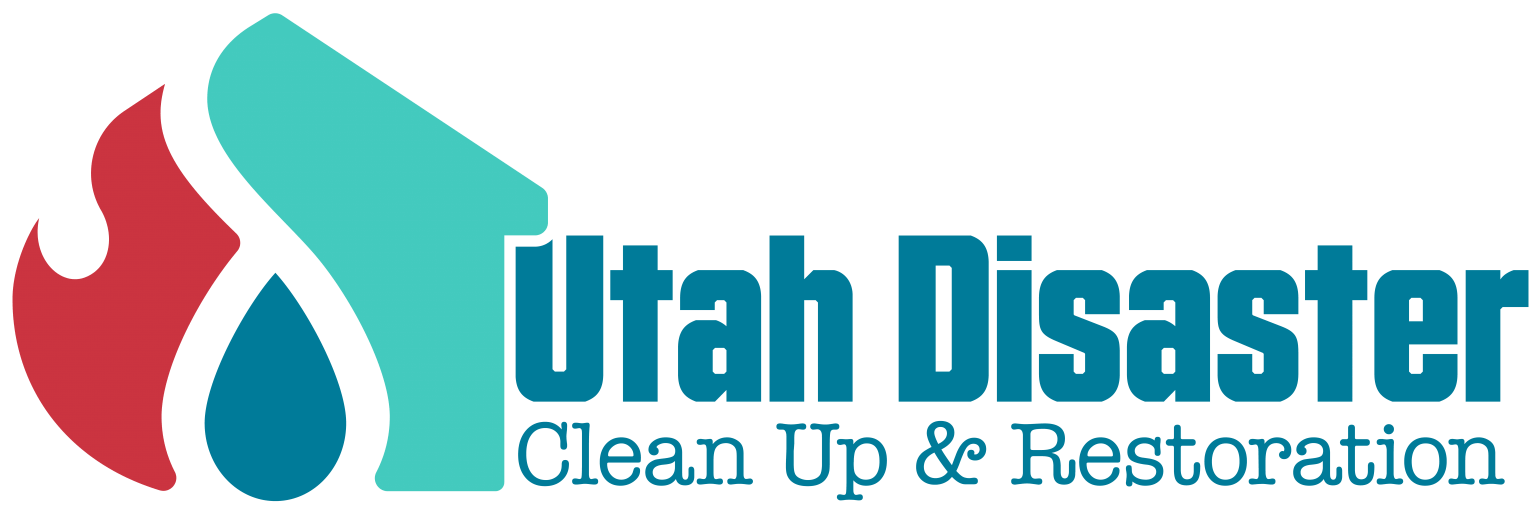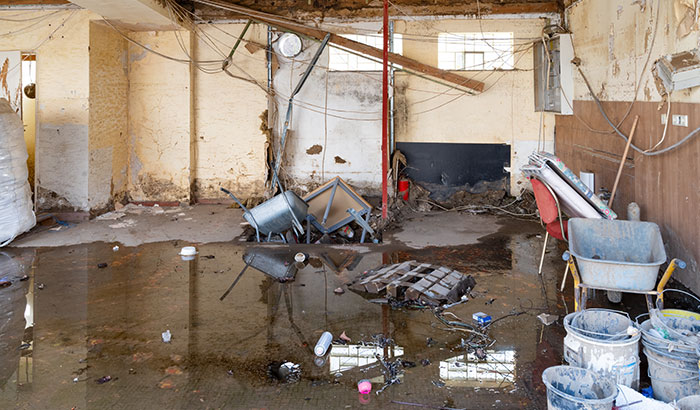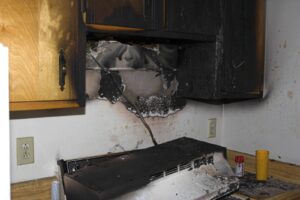If you’re living in a rental home, you’ll want the proper insurance to ensure you’re covered in any situation. Renters and flood insurance are your ultimate protection against water damage.
However, while having these insurance policies is great, you might wonder who is responsible for water damage in your rental home or apartment.
The answer? It depends.
After all, you don’t want to file a claim with your insurance if your landlord is responsible for the damage. Your premium would go up when it doesn’t need to. But at the same time, you want the damage repaired as quickly as possible so you can live in a damage-free home.
Today’s blog looks at who is responsible for water damage when you’re renting and what scenarios affect that answer.
Who Is Responsible? Landlord or Tenant?
The responsibility for the water damage depends on the cause and whether it happened outside of anyone’s control or was due to negligence.
A Habitable Home
Generally speaking, a landlord is responsible for providing you with a habitable living space, including a working toilet, hot and cold running water, a tub/shower, a kitchen sink, etc. Failure to provide those makes your home uninhabitable.
Suppose those services are suspended due to water damage. In that case, it’s the landlord’s responsibility to ensure that the damage is taken care of as quickly as possible so that your home is once again inhabitable.
Notify Your Landlord Immediately
However, as the tenant, you also have some responsibility. You must tell the landlord as soon as the water damage occurs or as soon as you notice it.
Failing to report the damage could make it worse and more challenging to repair. If you don’t notify the landlord, you’ll likely be responsible for fixing the damage, while they are usually responsible for it if you report it immediately.
What If It’s the Neighbor’s Fault?
In apartment complexes, it’s entirely possible for your neighbor’s damage – whether accidental or negligent – to affect your unit. In this case, your renter’s insurance will cover your personal possessions.
As for the damage to the unit, your landlord and neighbor will work those details out. But you won’t be responsible for the damage since you didn’t cause it.
Damage to the Apartment Building
Now, if you live in an apartment building, and water damage occurs that affects your unit, this is unequivocally the landlord’s responsibility. That includes damage to your flooring, walls, or utilities. Your landlord should have property insurance that covers this.
Damage to Your Apartment Unit or Rental Home
Whether you live in a rental home or apartment unit in a complex, you’re responsible for ensuring that your behavior doesn’t cause water damage.
And, as we mentioned above, you need to notify your landlord immediately if there’s water damage, even if you caused it. The first 24 hours after water damage occurs is the most critical for water damage restoration.
Renter’s Insurance: What Is It?
We keep mentioning renter’s insurance in this blog, but what if you don’t have it or don’t know what it is?
Renter’s insurance is an insurance policy you can purchase to protect the value of your personal belongings. Should your belongings become water damaged, you’ll be compensated for replacing them.
Renter’s damage can also cover damage to the property that you caused as long as that damage was accidental and out of your control. Most insurance policies will not cover damages that could have been prevented.
The repairs for those damages will come out of your pocket. Being proactive by taking care of your apartment or rental home will ensure you avoid that kind of financial responsibility.
Flood Insurance
If you live in an area with lots of flooding, you’ll want to purchase an insurance policy for floods. This is not the same as renter’s insurance. While the renter’s insurance will cover water damage, it won’t cover flood damage.
A burst pipe? Covered.
Home flooded by a hurricane? Not covered.
Flood insurance policies are specific to floods and will cover what your renter’s insurance won’t.
Purchasing Renter’s and Flood Insurance
When purchasing a renter’s insurance policy, we recommend picking a policy that matches or exceeds the worth of your belongings. The insurance policy will only cover the amount you purchase.
If your policy will pay $5,000, but you lose $7,000 worth of personal belongings, you’ll only be compensated $5,000. Of course, any level of renter’s insurance is better than none, but matching it as best you can is preferable.
For flood insurance, you’ll want to pick a policy that will cover as much as repairs would cost. Your flood insurance company can help you choose the right policy. The cost of your flood insurance will vary based on your home’s age, construction, and flood risk zone.
What If I Don’t Have Renter or Flood Insurance?
If you’re reading this blog, you probably already have water damage in your apartment. If you don’t have renter’s insurance, you’ll be responsible for replacing any damaged personal possessions since your landlord is only responsible for property damage, not your individual belongings.
However, as long as the damage wasn’t due to negligence on your part, you won’t be responsible for the damage to the unit.
Call Utah Disaster Clean Up for Water Damage.
If your apartment or rental home has water damage, it’s important to remediate the damage as quickly as possible. The sooner the water damage is taken care of, the better, with the first 24 hours being the most critical.
Utah Disaster Clean Up has over 20 years of experience remediating water, mold, fire, and smoke damage. We offer fast, friendly service and have 24/7 availability. No matter when your water damage shows up, we’ll fix it and cover it with our one-year guarantee.
Contact us today via our website or by calling us at 435.512.1584. Let Utah Disaster Clean Up restore your home today.



